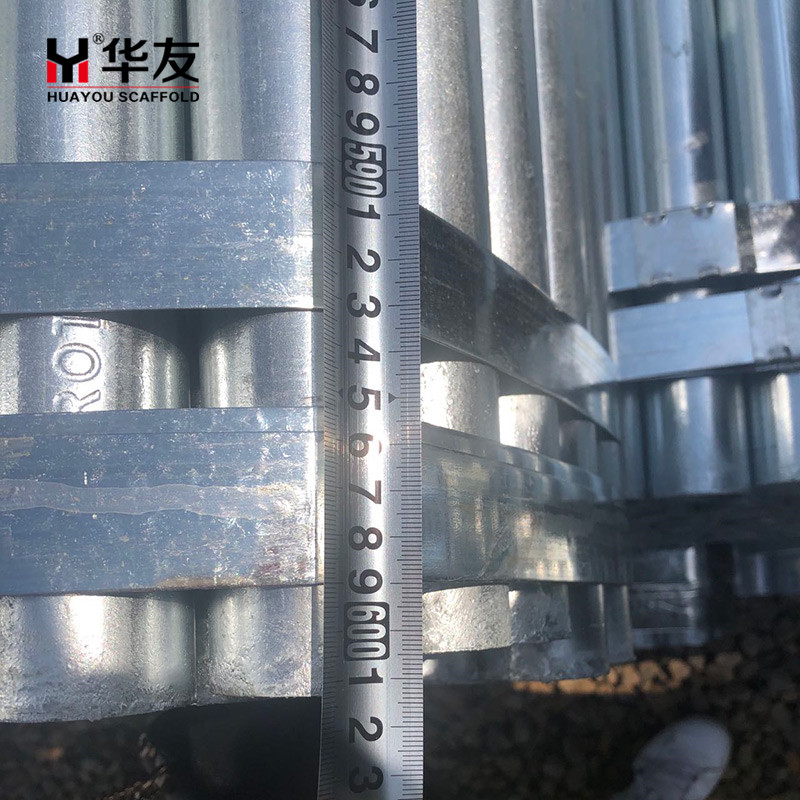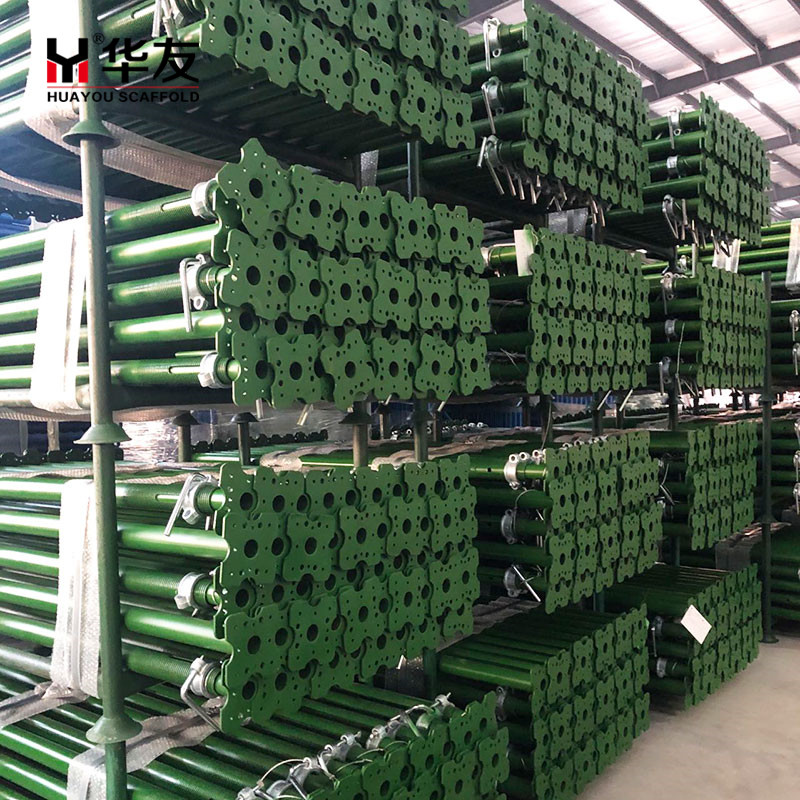We are the people against slow payment
Subs, suppliers, GCs, owners, and insurers Walk Through Scaffolding

“ I used to think getting paid in 90 days was normal. Now I get paid in 17 days.
Resources and FAQ’s
Resources and FAQ’s
Resources and FAQ’s
Resources and FAQ’s
Resources and FAQ’s
Resources and FAQ’s
Resources and FAQ’s
Resources and FAQ’s
Building materials and supply chain
Get free payment help from lawyers and experts
Find payment profiles and reviews
Savvy contractors know that if they go unpaid on a construction project, a mechanics lien is the best way to secure their right to recover payment. One question often overlooked is if they can actually file a lien. There are a number of different factors to consider, but the most basic factor to consider is whether the labor and/or materials provided resulted in a “permanent improvement” to the property.
Take, for example, a recent case out of a New York Court of Appeals, which held that for mechanics lien purposes, the installation of scaffolding for a construction project is not considered a permanent improvement.
The permanent improvement requirement, in connection with mechanics liens, is embedded in nearly every state lien law in the U.S., and New York is no exception.
Under NY Lien Law §2(4), the term “improvement” is defined as follows:
“…includes the demolition, erection, alteration or repair of any structure upon, connected with, or beneath the surface of, any real property and any work done upon such property or materials furnished for its permanent improvement…”
As straightforward as this may seem, determining whether your contribution to the project constitutes a permanent improvement can be tricky at times. For instance, see: Do temporary fencing companies have lien rights?
This issue of permanence was recently tackled by a New York, Appellate Division, First Department; the case in question is in the Matter of W 54-7, LLC v. Intersystem S&S Corp.
In May of 2017, W 54-7 hired Janbar as a general contractor to perform some facade repair work. Janbar then hired Intersystem to install temporary scaffolding and a sidewalk shed under a $110,148.50 contract. As the project progressed, due to insurance issues, Janbar was replaced as the general contractor by Key Construction Corp. to complete the project.
However, Janbar left the project without forwarding payments to Intersystem. In response, Intersystem filed a mechanics lien for $85,000 against the property.
W 54-7 countered by filing a verified petition to discharge the lien under Lien Law §59. The court reviewed the petition and granted the discharge of Intersystem’s lien claim, stating that “the scaffolding and sidewalk shed in issue are temporary in nature. The scaffolding and sidewalk shed have been removed by Respondent on Friday December 11, 2020. The sidewalk shed and scaffolding are now being removed because the facade work required to bring the premises into compliance with New York City Local Law 11 has been completed.”
The court also went on to compare the scaffolding and sidewalk sheds to fences erected around a worksite to prevent vandalism. Installations that are ultimately removed upon completion of the project are indisputably temporary in nature, and cannot be considered a lasting or continuing change in the character of the property. Intersystem appealed.
The appeals court made short work of the case, by unanimously affirming the lower court’s decision.
“The court correctly vacated and discharged the mechanic’s lien because the scaffold and sidewalk shed that respondent installed at the premises were temporary structures, not for the “permanent improvement” of real property within the meaning of Lien Law § 2(4). The contract between respondent and petitioner’s contractor expressly contemplated the eventual removal of the scaffold and sidewalk shed, and the structures were in fact removed after the notice of lien was filed. Although arguably permanent repair work to the façade of the premises necessitated the construction of the scaffold and sidewalk shed for the safety of the public… the structures themselves effected no permanent change to the building. The project therefore falls outside the scope of labor and materials protected under the Lien Law.”
As mentioned at the start of this article, the doctrine of permanency for the purposes of lien rights is embedded in virtually every state mechanics lien statute. Just because a contractor or supplier has provided labor and/or materials to a construction project, doesn’t automatically entitle them to lien rights.
The underlying principle of lien laws is to grant the contractor an interest in the property whose value was enhanced by the contractor’s labor and/or materials furnished to the project. If the property’s value isn’t necessarily increased by the contributions to the project, the contractor must rely on contractual remedies such as breach of contract or quantum meruit to recover payment. Otherwise, if a lien is filed, the claimant could find themselves spending time and money pursuing a lien claim that may have been invalid from the get-go.
Learn more: Can’t File a Lien? Here Are Some Other Options for Recovery
A contractor is threatening to file a lien against my property after I offered to deduct the payment I made to another contractor to finish the work he never finished. We never had a written or signed agreement to start.
I am the owner of a service remediation company. we provided bio hazard remediation for a client who never paid. would like to file a lien for the past due balance + interest
We filed a Mechanics Lien which was rejected by the county recorder because "the timely filing date had passed". but there was an office error and we got the dates wrong. Could we file the lien again with correct paperwork to back up correct date? Were in NJ.
The Tyson Corporation is facing a $6.4 million lien foreclosure on the Pottsville, Pennsylvania distribution center for their Hillshire brand...
When payment problems become too much to handle on a construction project, savvy contractors will look to lien laws to...
The general rule of thumb when it comes to mechanics liens is: If the property is publicly owned, a lien...

Scaffold Stairs If you receive a notice that a lien has been filed on your property, you may wonder how it will...